Category: Social Media Deontology
-
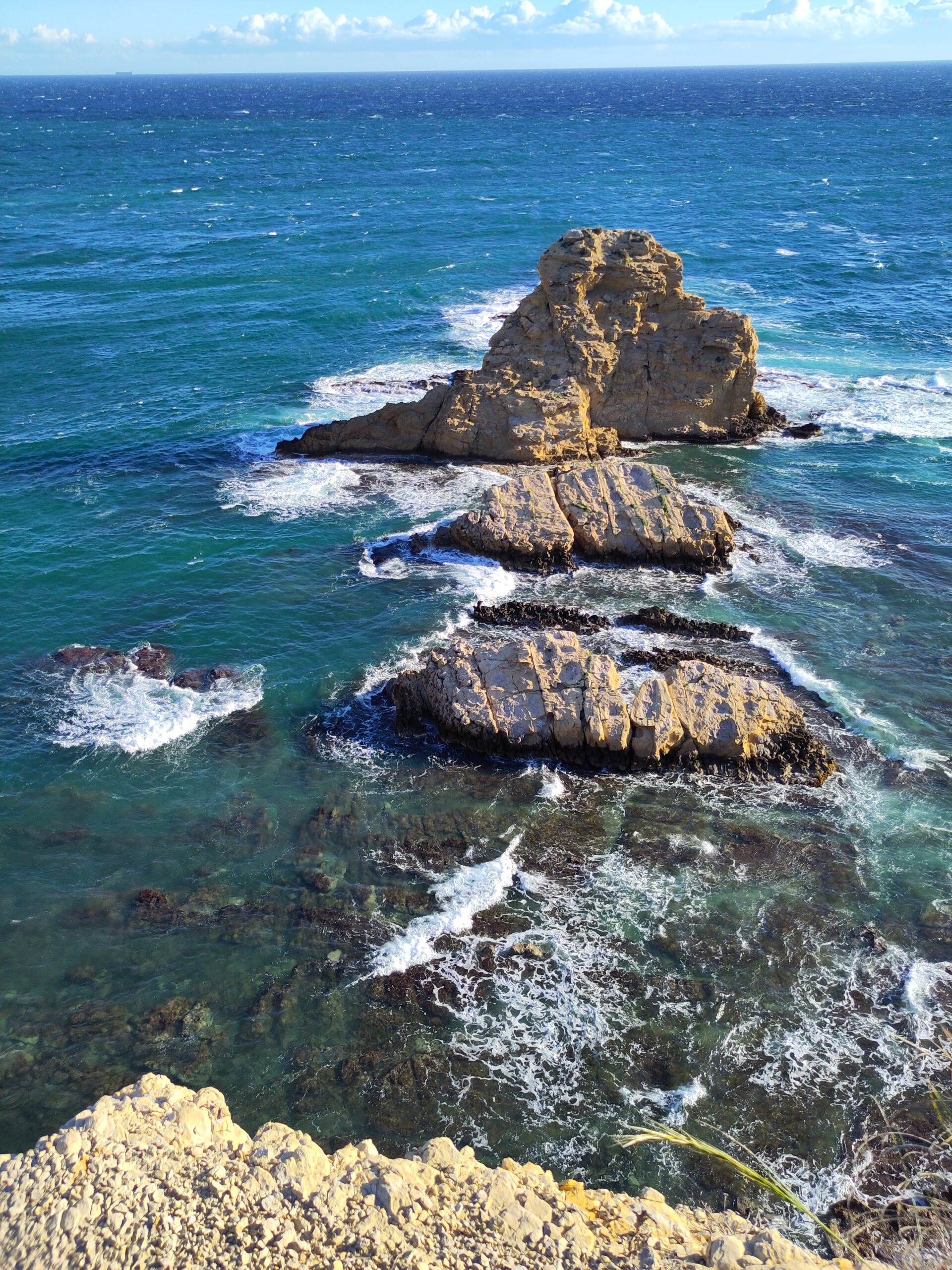
The Call of the New And Cycling
Reading Time: 3 minutesThis weekend I cycled 160 kilometres with the Bike Club Switzerland Group via Meetup.com. In the process I find that I appreciate the community more and more. I appreciate that the groups are small, but also that people are like-minded. By like-minded I mean that people are sporty. Today we went for…
-
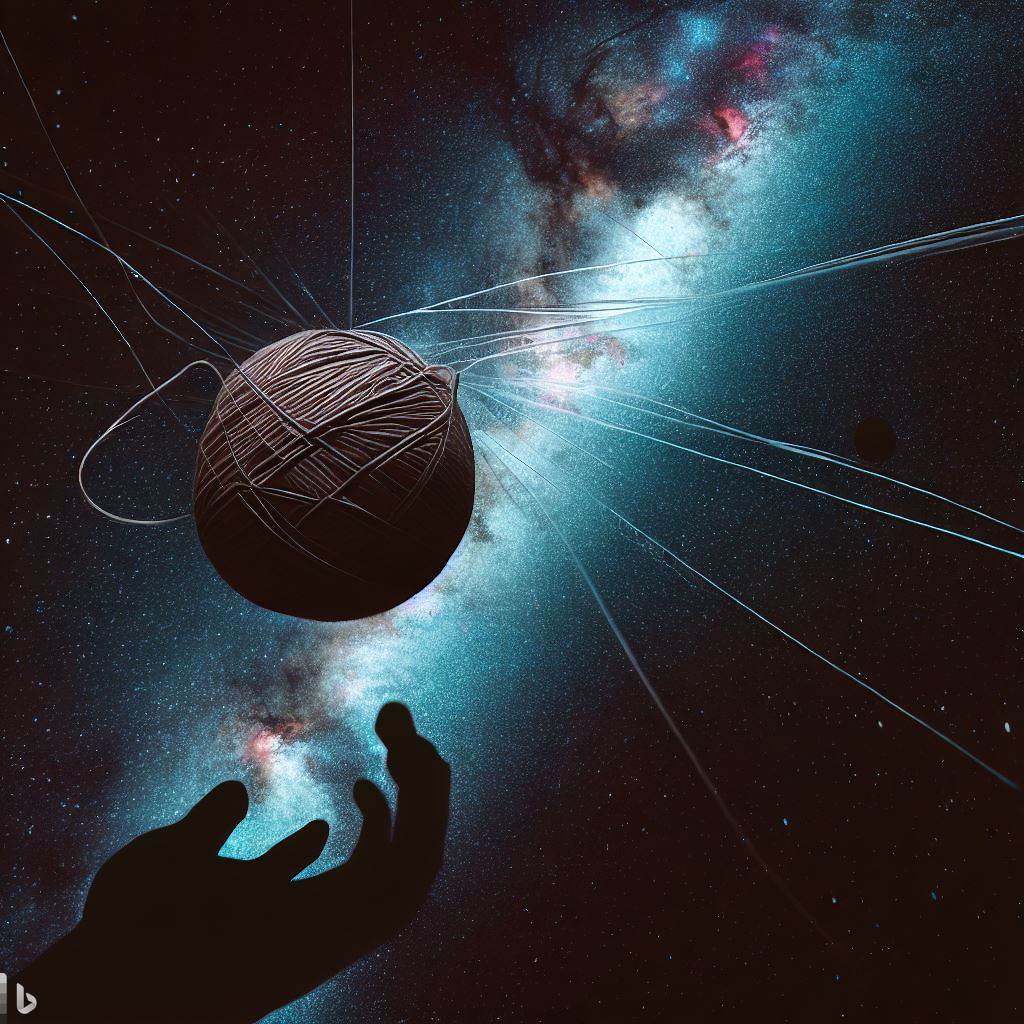
Threads in Europe
Reading Time: 3 minutesA few weeks ago Facebook (I refuse to whitewash that company by calling it Meta) decided to blackmail European users. The deal was simple. We were coerced. “Accept to pay for Facebook or we will force you to see ads. This was a lose lose situation that the European Union is now…
-
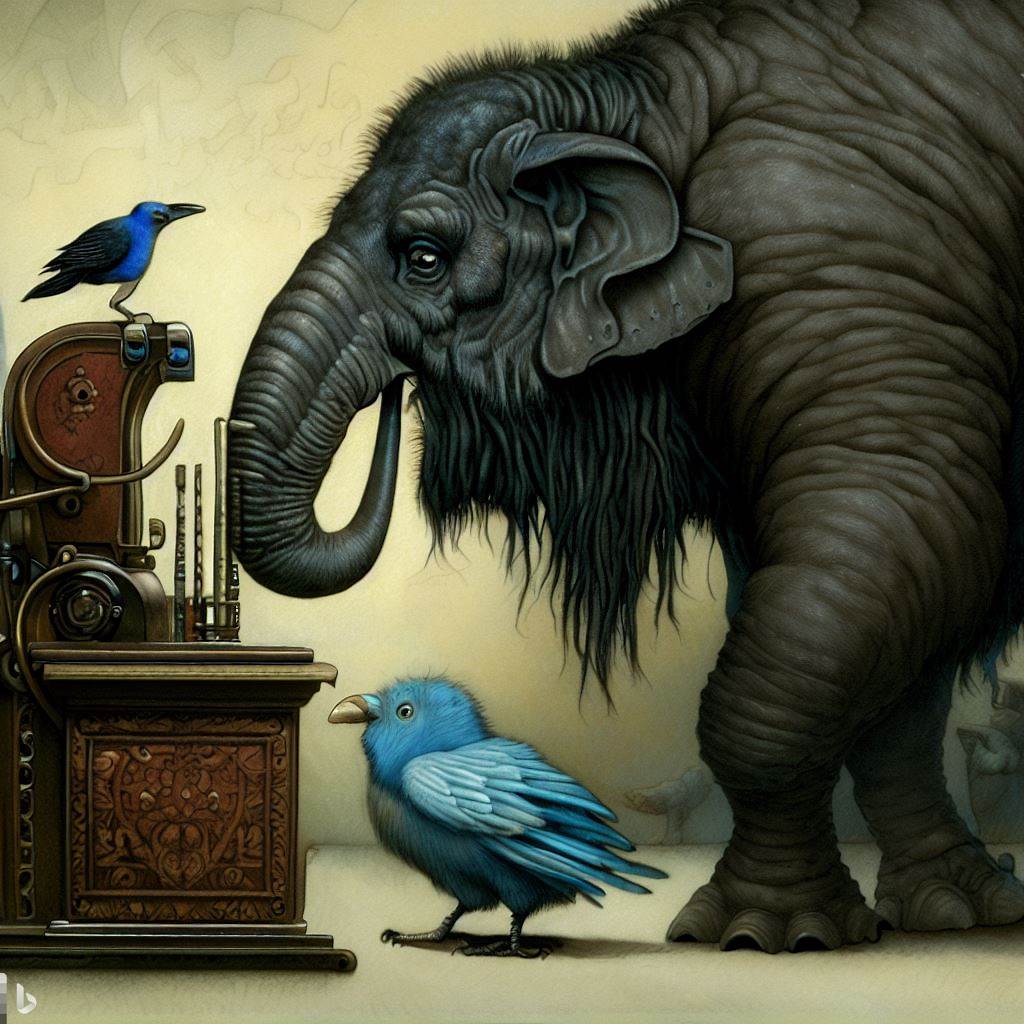
The Solitude of Social Media
Reading Time: 3 minutesOne of the unique things about Twitter in 2006 and 2007, especially during the first tweetups was that it was a network of strangers who became friends without meeting in person. The people I became friends with in 2006-2007 are still friends now, to some degree. I met them every week at…
-

The Dystopia of Child Influencers
Reading Time: 5 minutesToday I saw the headline “Content creator camps help kids become online influencers” and to me, this represents a nightmare, rather than a dream. It represents a nightmare rather than a dream because the notion of creating content to sell, to influence, and to market, rather than to amuse, inform, educate and…
-
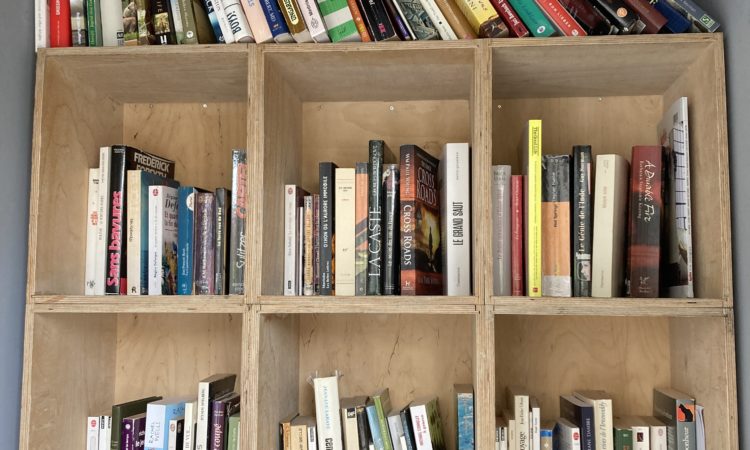
Podcasts and Social Media
Reading Time: 2 minutesWhen you listen to podcasts, and you read articles, and you visit websites you always see Twitter, Facebook, Reddit and Instagram, to name the giants. In every podcast episode you hear the guests say “You can find me under this name on this network, and the same name on that network.” The…
-
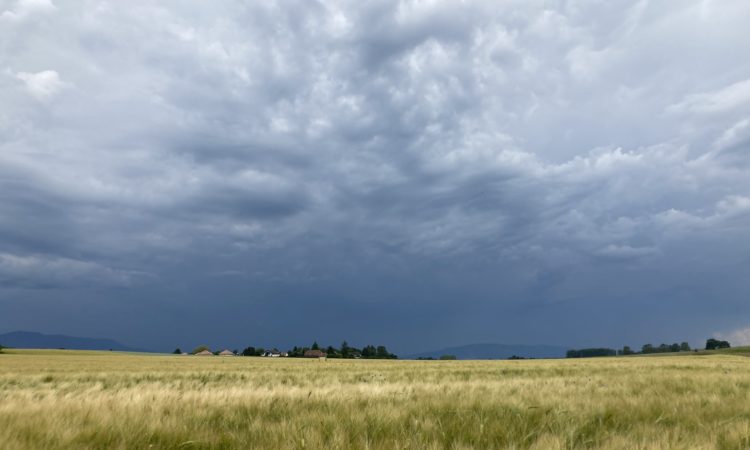
The Diversification Of The Social Media and Microblogging Environment
Reading Time: 3 minutesWhen Elon Musk bought Twitter he signed the start of the Social Media giant’s implosion. A decade earlier Murdoch had done the same thing to MySpace. In the end he sold MySpace for a fraction of what he had bought it for. We could cry, and bemoan the loss of Twitter but…
-

A Short Lived Interest in Substack Notes
Reading Time: 2 minutesWhen I heard about Substack Notes I felt an interest in the project. I liked the idea of a site where we could write long form posts on one side, and short form posts on the other. I liked the idea of having conversations with people and creating new connections. That’s why…
-
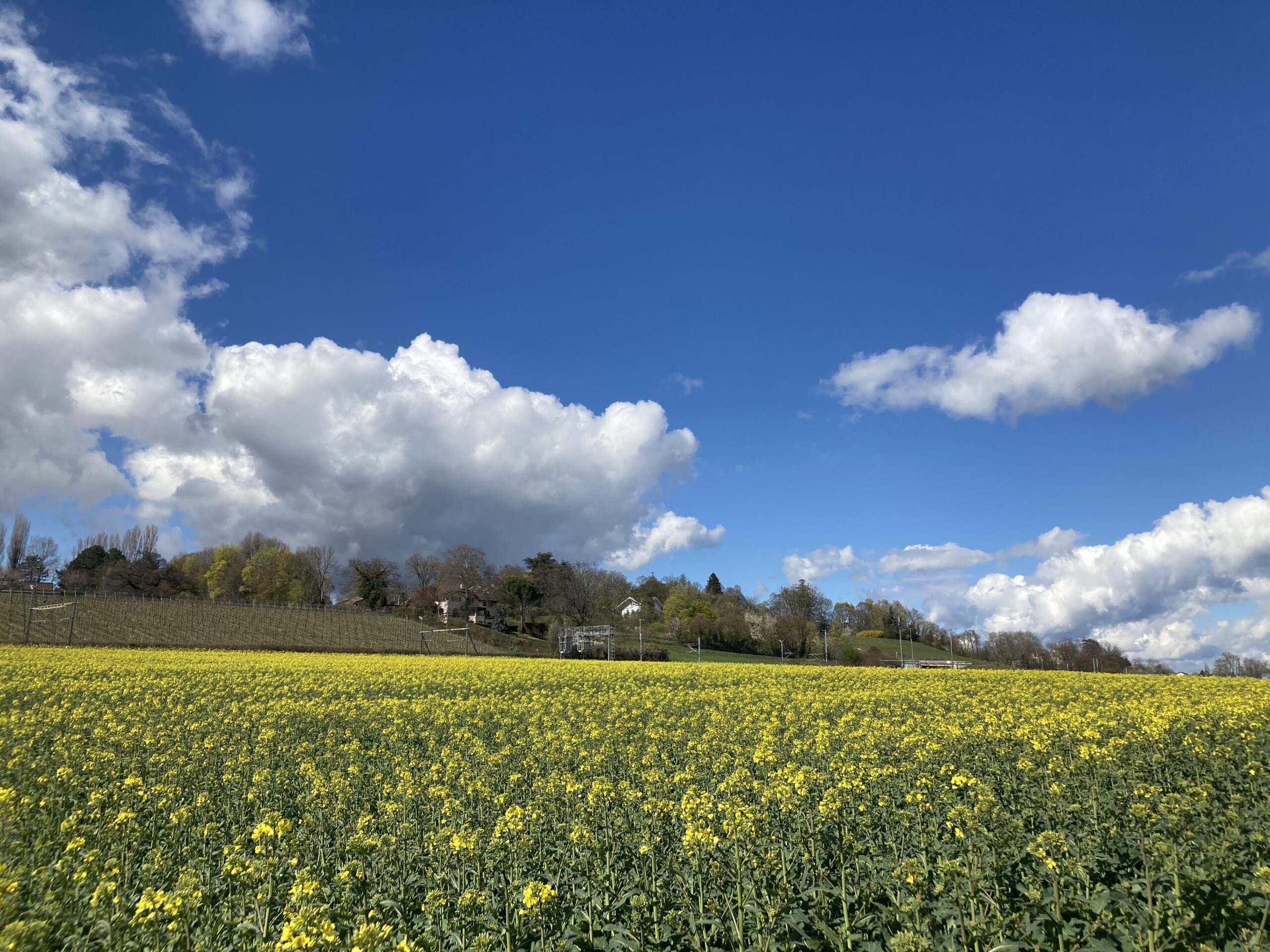
Happiness and Social Media
Reading Time: 2 minutesIt is the turn of the Washington Post to discuss whether people are happier after leaving social media. As with every other article I have skimmed on the topic it discusses addiction and more without discussing the reason for which social media might be bad for one’s mental health. Remember that social…
-

On Theory of Knowledge, History and Media Studies
Reading Time: 3 minutesThe Goal of the BBC is to Inform, educate and entertain. The aim of Public Service Broadcasters is to provide people with reliable, accurate information that is not biased, that is neutral, in so far as is possible. Recently with the Far Right getting into positions of power, to control the Radio…
-
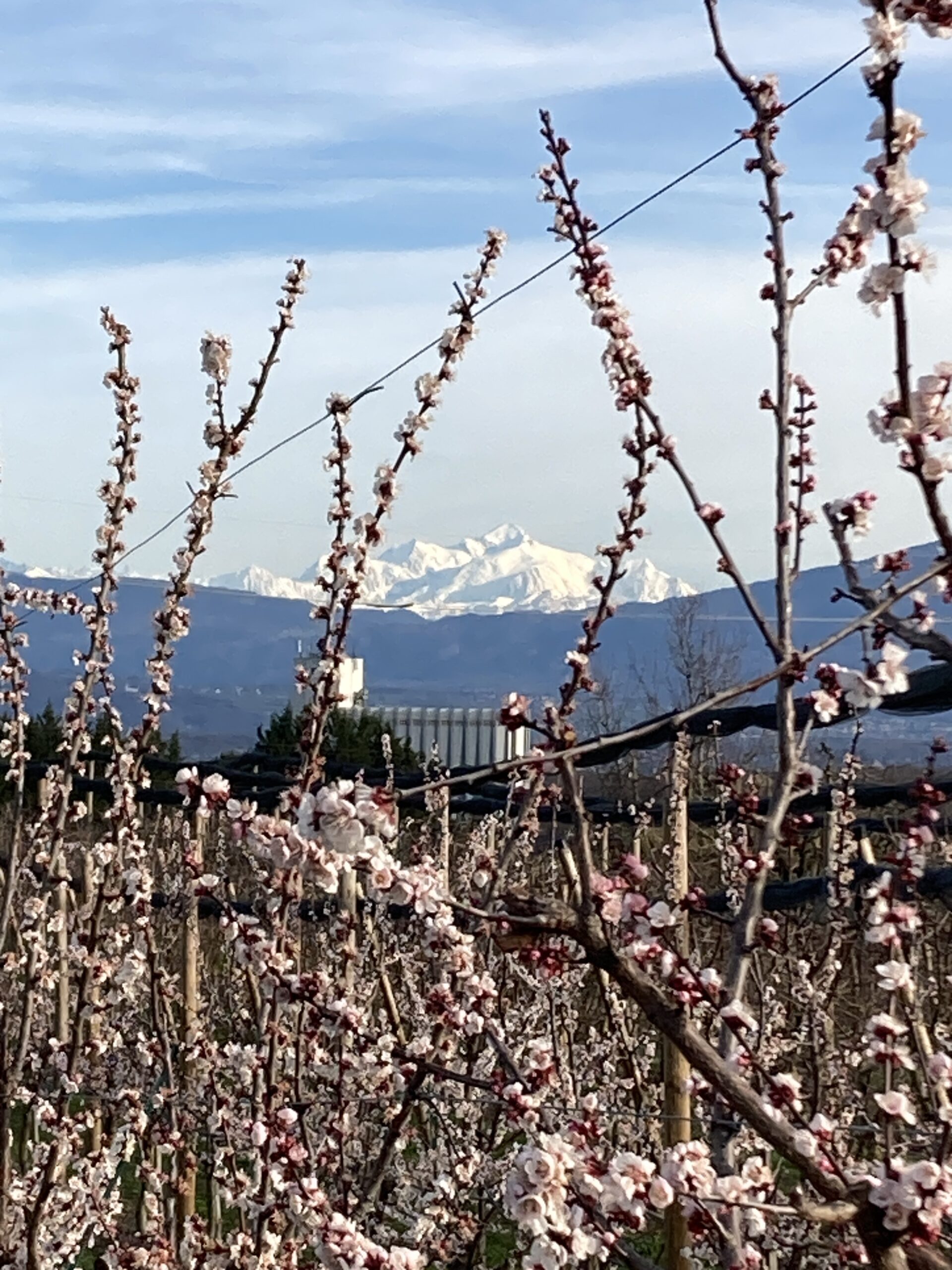
On Friends, The Series, Being Offensive
Reading Time: 2 minutesFriends is a television series that aired in the 90s and that still makes millions today, as the show is re-aired. Jennifer Anniston, Rachel Green in the series, says that people today find the series offensive today. I find it ironic, that in a day and age where books are edited to…